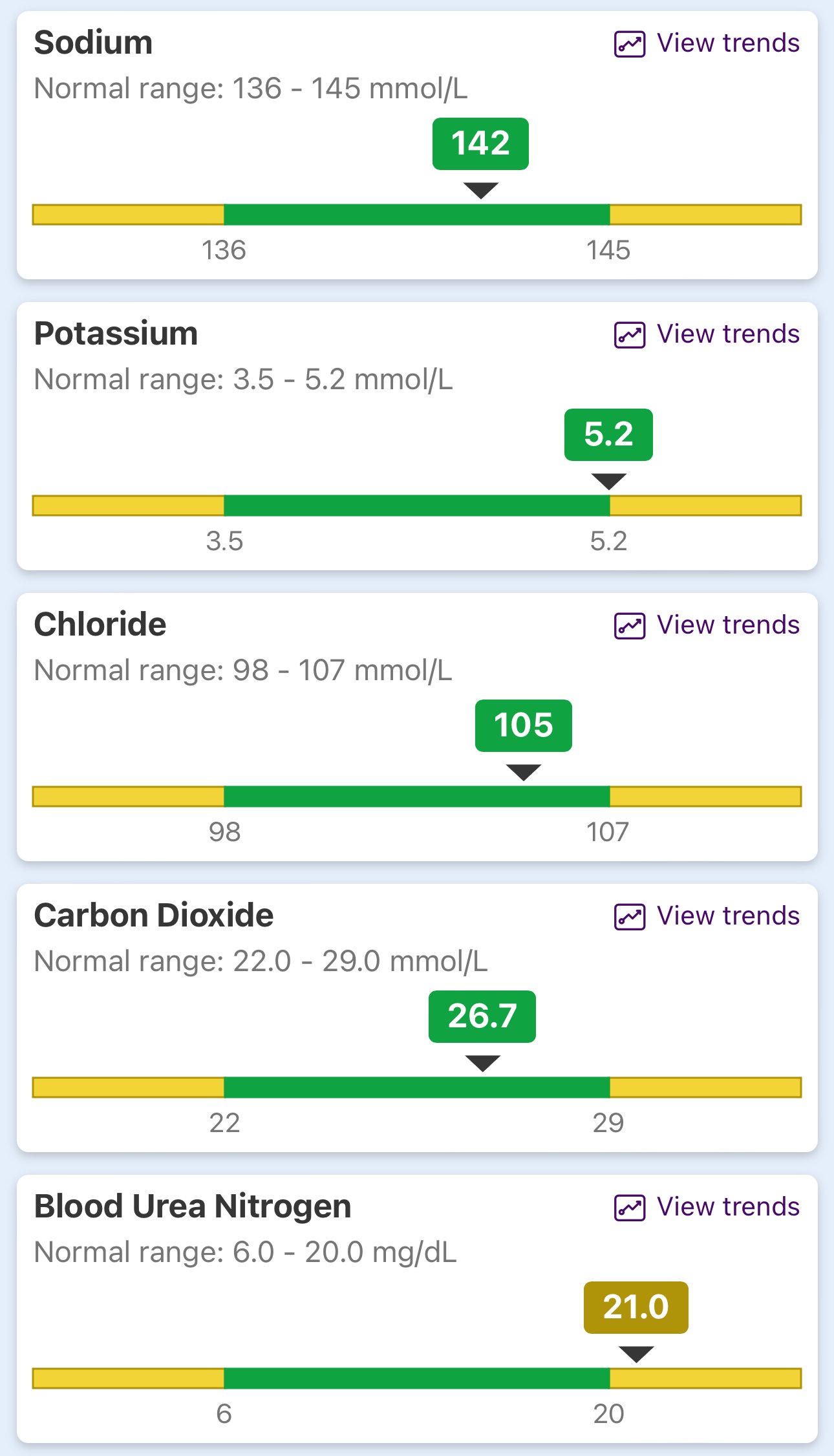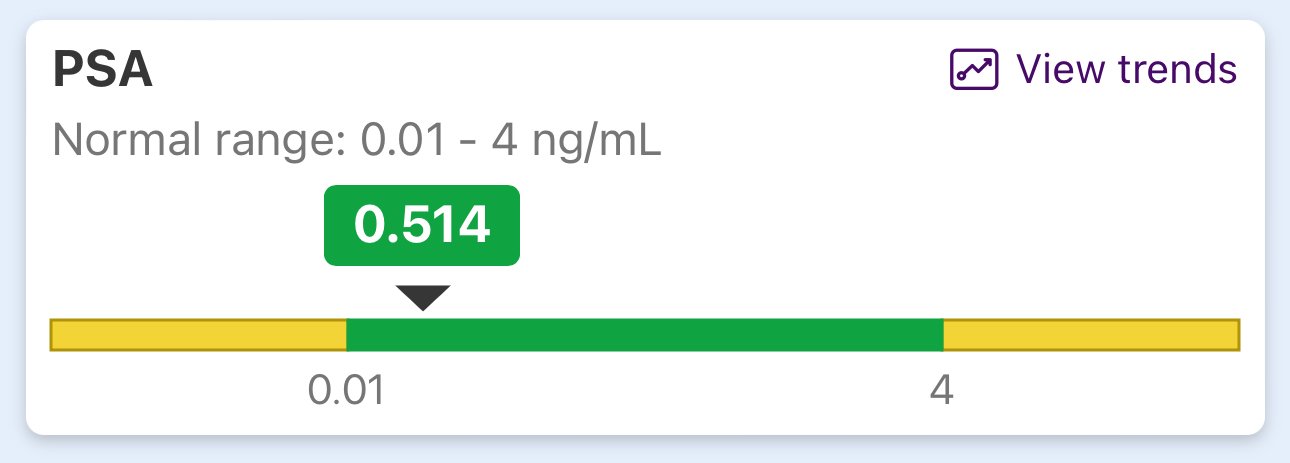The Ultimate Guide to Understanding Blood Tests for Athletes
Why You Should Get a Physical Before Starting a Strength Training Program
Before starting any new training program, it’s important to get a physical check-up. This helps make sure your body is ready for exercise and can prevent injuries. During a physical, your doctor might recommend some blood tests to get a complete picture of your health.
Types of Blood Tests and What They Test For
Here are some common blood tests your doctor might suggest:
1. Complete Blood Count (CBC): This tests for overall health, including checking your red and white blood cells and platelets. It can detect infections, anemia, and other conditions.
2. Basic Metabolic Panel (BMP): This checks your blood sugar levels, calcium, and electrolytes. It helps assess your body's chemical balance and metabolism.
3. Lipid Panel: This measures your cholesterol and triglycerides, which are fats in your blood. It helps assess your risk for heart disease.
4. Thyroid-Stimulating Hormone (TSH): This tests your thyroid function, which affects your metabolism and energy levels.
5. Prostate-Specific Antigen (PSA): For males, this tests for prostate health.
How Strength Training Can Improve Your Health
Strength training, which includes exercises that make your muscles work harder than usual, can improve your health in many ways:
- Increases Muscle Mass: Helps you get stronger and improves your ability to perform everyday tasks.
- Improves Bone Density: Strengthens your bones, making them less likely to break.
- Boosts Metabolism: Helps you burn more calories even when you're not exercising.
- Enhances Mood and Energy: Exercise releases endorphins, which make you feel happier and more energetic.
At-Home Strength Training Program
You don’t need a gym to start strength training. Here’s a simple bodyweight workout you can do at home:
- Push-Ups: 3 sets of 10-15 reps
- Squats: 3 sets of 15-20 reps
- Lunges: 3 sets of 10 reps per leg
- Plank: Hold for 30-60 seconds, 3 times
- Jumping Jacks: 3 sets of 20 reps
Walking Plan
Walking is a great way to stay active. Here’s a simple plan:
- Week 1-2: Walk 15 minutes a day, 5 days a week
- Week 3-4: Walk 20 minutes a day, 5 days a week
- Week 5-6: Walk 25 minutes a day, 5 days a week
- Week 7-8: Walk 30 minutes a day, 5 days a week
Basic Nutrition Outline
Eating a balanced diet is important for your health and training. Here’s a simple daily menu:
Breakfast:
- Oatmeal with fruit and a glass of milk
Snack:
- A handful of almonds and an apple
Lunch:
- Grilled chicken salad with mixed greens, tomatoes, cucumbers, and olive oil dressing
Snack:
- Carrot sticks with hummus
Dinner:
- Baked salmon, quinoa, and steamed broccoli
Snack:
- Greek yogurt with a drizzle of honey
Tips for Getting 7-9 Hours of Sleep
Getting enough sleep is crucial for recovery and overall health. Here are some tips:
- Stick to a Schedule: Go to bed and wake up at the same time every day, even on weekends.
- Create a Routine: Develop a relaxing bedtime routine, like reading or taking a warm bath.
- Limit Screen Time: Avoid screens (phones, tablets, TVs) at least an hour before bed.
- Keep it Cool and Dark: Make sure your bedroom is cool, dark, and quiet.
- Avoid Caffeine and Large Meals: Don’t consume caffeine or large meals close to bedtime.
By following these guidelines, you’ll be well-prepared to start your training program safely and effectively. Always remember to listen to your body and consult with your doctor if you have any concerns. Happy training!





